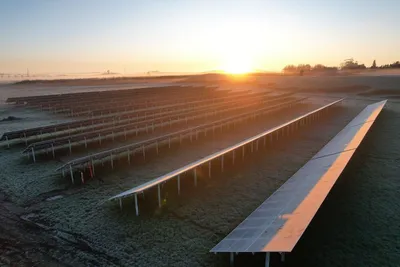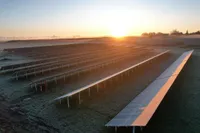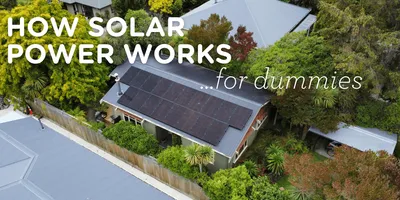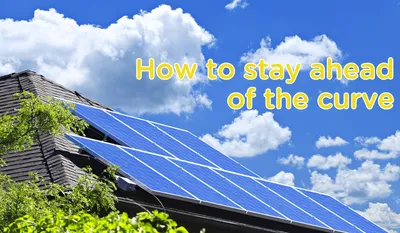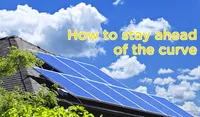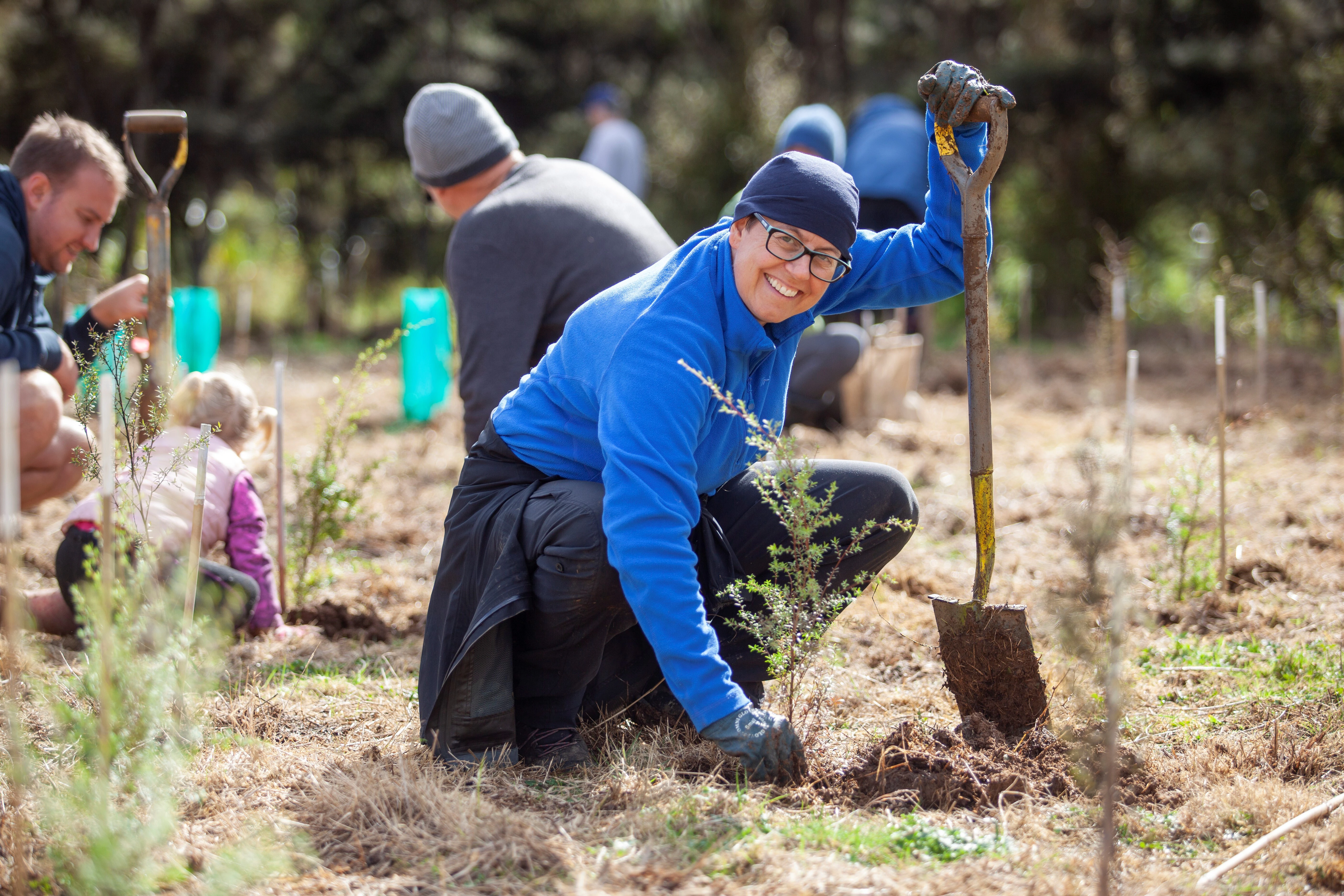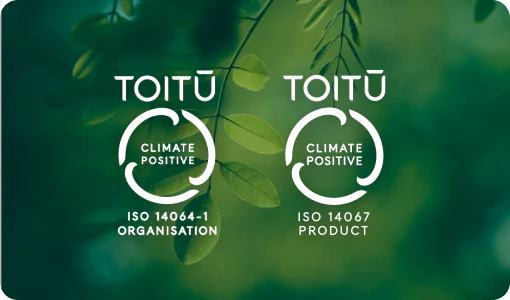The Coming Climate Catastrophe (and what can be done about it?)
18/12/2018
On Monday an event was hosted by Public Interest Media about Climate Change. On the panel was a member of the IPCC as well as leaders in the field relating to the adaptation and social ramifications of climate change with specific relevance to New Zealand.
The first question was. “How bad is it?” and “How bad could things get?”
New Zealand is already seeing the impacts of Climate Change. The sea has already risen by 20 cm and it is expected that it could rise by another 50 cm by the end of the century. The temperature of the planet is now 1 degree warmer than pre-industrial levels and a recent paper brought out by the IPCC indicates that the Great Barrier Reef will be 90% dead by 2040 due to the acidification of our oceans. The acidification of our oceans is a major problem as some plankton can no longer make their shells and this effects the entire food web. This means that ecological collapse could occur with decades, devastating fish stocks and leading to famine and further stress on the increasing human population.
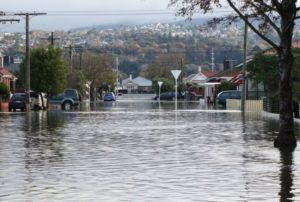
Pacific Island communities are in threat of losing access to their fresh water due to the salt water table increasing with the rising sea levels.
Australia is seeing more and more forest fires.
The impacts from heavier rainfall and more severe droughts are already being seen in New Zealand. Which as it happens is very dependent on a stable environment for the production of its agricultural products and its tourism industry.
Coastal erosion is already a major problem in certain coastal regions around New Zealand. Like the Coromandel and the Kapiti Coast and Westland.
Even Tamaki Drive and Auckland are not immune to storm surges and king tides.
Meanwhile there is a growing resistance to science based research about climate change and despite the influx of electric cars and scooters and bikes, the fastest growing vehicle is the SUV Ute. There are 6 Utes purchased for every electric vehicle that hits New Zealand’s roads.
The situation is dire.
So what can be done about it?
We need to reduce our Greenhouse Gas emissions and fast. It can seem like this is an impossible task and the focus has been on getting individual to eat vegetarian, drive less, plant trees, use public transport, buy local etc. And all these actions help. You can even switch your electricity to Ecotricity and get your energy from New Zealand’s only 100% carbonzero electricity retailer.
But the little known truth is that while reducing individual consumption helps, 70% of the most damaging CO2 emissions come from only 100 companies. Only 100. That is an infinitely easier task than taking on the habits of almost 7 billion humans. We can rapidly solve this crisis by targeting and avoiding the products from the companies doing the most damage. We can give our politicians and the public transparency as to who these companies are and what they are doing. We can boycott their products and protest their lobbying efforts.
People do not know their own power and if people are prepared to stand up to these 100 companies, we can rapidly turn the tide and bring about a better future for NZ and for the planet.
